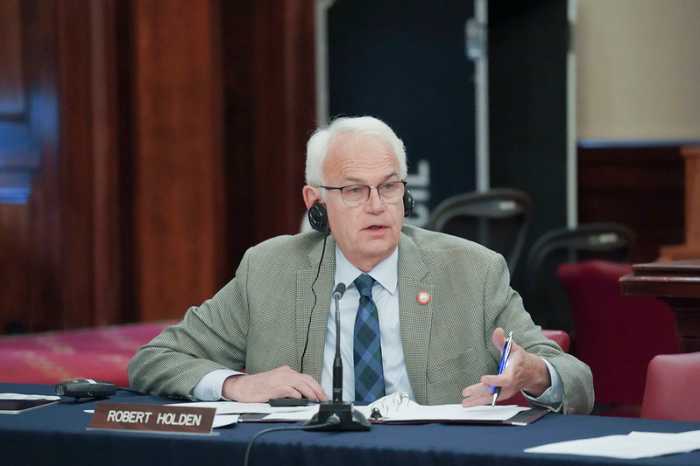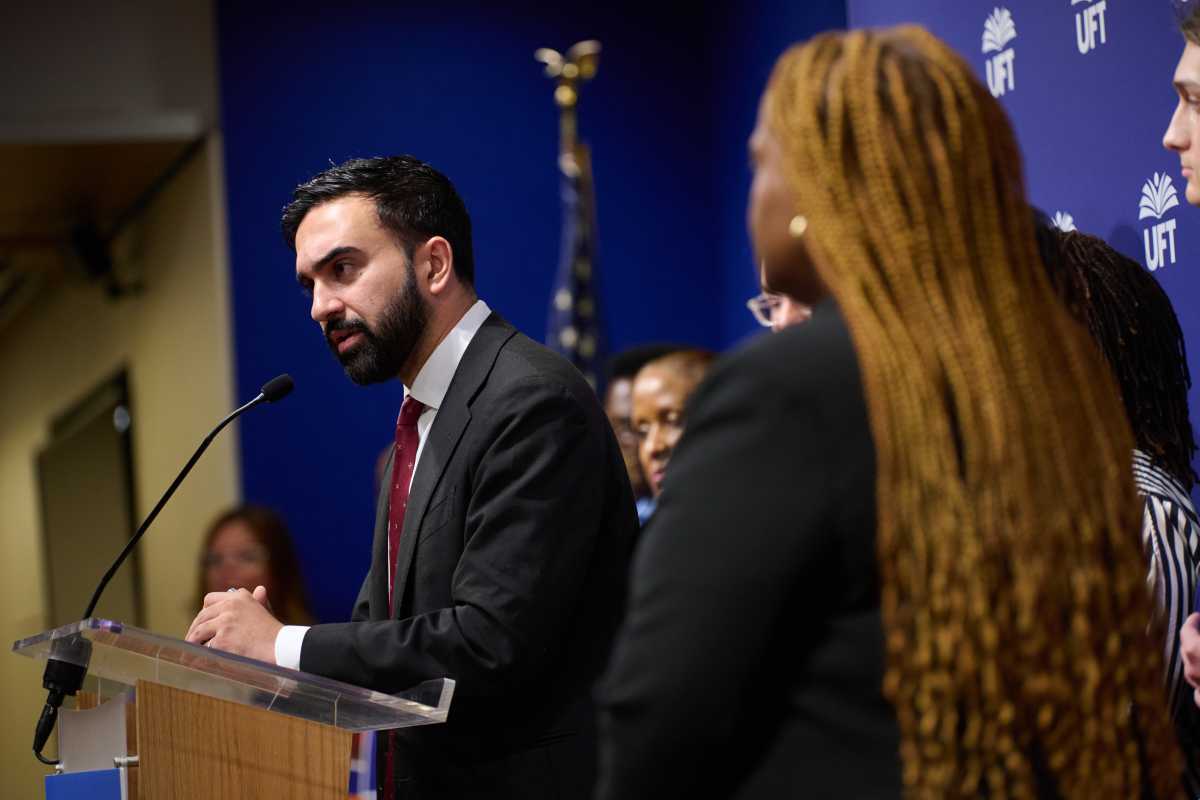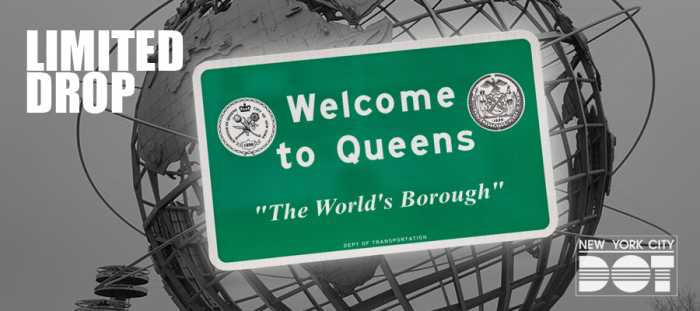By James DeWeese
Buoyed by a resurgent real estate and job market, Bloomberg unveiled a proposed budget that relied on $897 million in additional revenues not predicted in his October 2004 financial plan, modest cuts to most city agencies except the Department of Education and increased revenue from fees and fines to close the $3.1 billion gap in the budget which begins July 1.But the $48.3 billion budget, which proposes $506 million in new cost-saving measures, left some Queens lawmakers worried that New Yorkers would see service cuts, including some to library hours and social programs. Still others, including City Councilman John Liu (D-Flushing), said the budget merely delays addressing major financial concerns such as contract negotiations with municipal workers.The mayor also unveiled his proposed capital budget, which included holding off on a request for $1.3 billion in state aid for school construction over the next five years, said City Councilman David Weprin (D-Hollis), chairman of the Council's Finance Committee. Queens suffers some of the most severe overcrowding in the city, with an estimated shortage of more than 23,000 seats.Faced with re-election this year, Bloomberg introduced no new taxes, kept intact his much-touted $400 property tax rebate for homeowners and extended a special tax credit for the city's low-income residents. But the plan's success hinges on $750 million in state and federal aid and $325 million in savings on escalating pension and health benefit costs. And Bloomberg said the city will continue to face widening budget deficits in future years.”Now, however, is not the time to change course,” Bloomberg said in a presentation with clear campaign tones. “We must remain fiscally responsible or we will risk losing everything we have gained through all the hard work.”Bloomberg said the city budget was increasingly at the mercy of state-mandated expenses, such as pensions and Medicaid. In 2006, Bloomberg said the non-discretionary expenses, over which he complained New York City has no control, will outstrip city spending by more than $5 billion.Weprin blasted the mayor's proposed budget, saying it would lead to service cuts. “We must all keep in mind that the mayor's preliminary budget, in addition to the $500 million that it already cuts, does not include the $300 million that was baselined by the City Council for youth programs, seniors' services and cultural outlets, such as libraries,” Weprin said.”We are not cutting programs,” Bloomberg said. “We are doing more with less.”Weprin also questioned the mayor's decision to defer City Council-approved requests to the state government for more than $1 billion for school construction funds. Weprin said the City Council voted to make the requests when the five-year capital plan was approved last year. But Preston Niblack, deputy director of the Independent Budget Office, said the mayor's decision to remove the construction was a reflection of state budget priorities. Republican Gov. George Pataki did not include the funds in his proposed budget.Elsewhere, Bloomberg said he expects to raise an additional $83.2 million in ramped-up tax, fee and enforcement revenues. ¥ Revised property tax reassessments in Brooklyn and Queens will bring in another $2 million in fiscal 2006. ¥ At current rates, the Police Department will bring in $4.1 million more in towing fees, Bloomberg said. ¥ Borough presidents will look to raise $1 million in new revenue through innovative initiatives, such as Borough President Helen Marshall's proposed “Discover Queens” license plates. ¥ The city Department of Correction will bring in another $150,000 in inmate haircuts and new coin-operated lockers at prison visiting centers.¥ And those looking to park at Shea Stadium may pay $12 instead of $10. Between Shea and Yankee stadiums, the mayor expected to generate an additional $80,000.Reach reporter James DeWeese by e-mail at news@timesledger.com or by phone at 718-229-0300, Ext. 157.



































